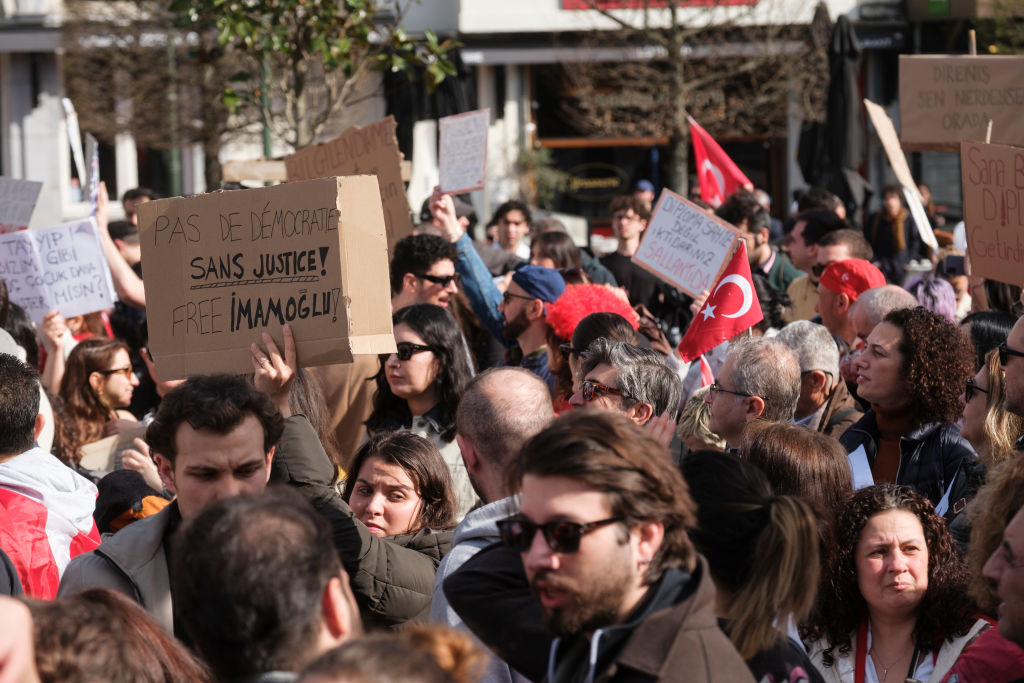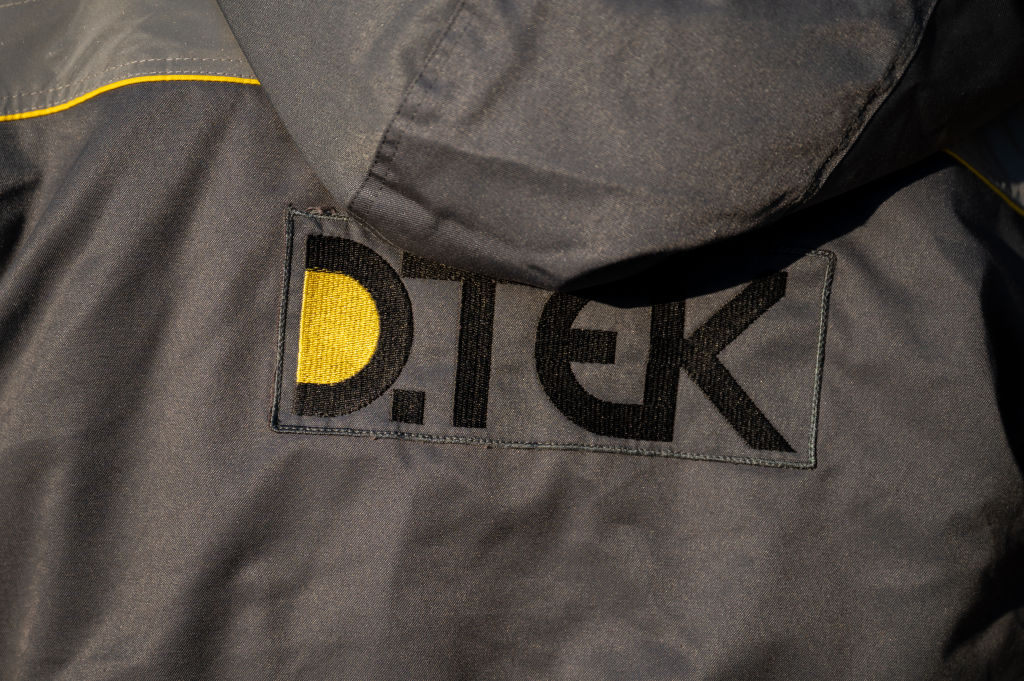A Turkish court has detained Agence France-Presse (AFP) photojournalist Yasin Akgul as part of an investigation into protests over the jailing of Istanbul’s Mayor Ekrem Imamoglu, Turkey’s Journalists Union said.
According to the ruling document seen by Reuters, the court decided on March 25 to keep Akgul in jail pending trial on a charge of attending illegal meetings and marches and not dispersing voluntarily despite warnings.
The union said Akgul was one of seven journalists remanded in custody by the court.
Akgul and his lawyers said during their defence that he was covering the protests as a journalist and requested that he be released, according to the court document.
AFP chairman and chief executive Fabrice Fries called for Akgul’s immediate release saying that he was not participating in the protests but was covering them as a journalist.
Interior minister Ali Yerlikaya said on March 25 that 1,418 people who took part in the nationwide protests had been detained since March 19, adding that 478 of them would face judicial authorities later the same day.
Many anti-government protesters said they were prepared for a long-term standoff after six nights of action and scattered clashes with police over the jailing of Imamoglu on March 23 on charges he has denied, rejecting President Tayyip Erdogan’s claim that their “show” would fizzle out.
Opposition parties, European leaders and rights groups have called the detention of Imamoglu, Erdogan’s main rival, a politicised and anti-democratic move.
The gatherings were banned but have carried on nonetheless, almost entirely peacefully until the late hours when police used clubs and pepper spray in response to projectiles and arrested more than 1,400 people.
“I’ll try to come as much as I can because the government has left us no justice,” said one university student at Istanbul’s Sarachane park.
“I was scared when I first came, thinking we might get arrested. But I’m not scared now,” she said.
At the main nightly protest at the park between city hall and a towering Roman aqueduct, most people have cheered speeches by opposition leaders while others, some 200 metres away, have chanted and faced off with hundreds of white-helmeted riot police.
Other people also told Reuters they expected to continue daily protests even as the main opposition Republican People’s Party (CHP) has said that March 25 would mark the last day of planned events at Sarachane.
The continued protests posed a potential bind for Erdogan, who has called them “street terrorism”. He has tolerated little criticism from the streets since authorities violently shut down the anti-government Gezi Park protests in 2013.
After a cabinet meeting in Ankara on March 24, the President accused the CHP of provoking citizens and predicted they would feel ashamed for the “evil” done to the country once their “show” faded away.
On March 25, speaking to a group of young people in a Ramadan fast-breaking meal, Erdogan urged patience and common sense amid what he described as “very sensitive days”.
“Those who terrorise our streets and want to turn this country into a place of chaos have nowhere to go. The path they have taken is a dead end,” he said.
The government has rejected claims of political influence and says the judiciary is independent.
The hitherto more reserved CHP has in recent days repeatedly urged people out to the streets.
CHP chairman Ozgur Ozel, who has given hoarse-voiced speeches from atop a bus at Sarachane park each evening, has said the last event there on March 25 would be both “a great end and big kick off” to new rallies elsewhere, vowing to fight on.
He said the party wouuld launch its election campaign with a rally on March 29 for presidential candidate Imamoglu. The CHP-majority council will elect an acting mayor on March 26.
On March 24 at Sarachane, a physician said he hoped in coming days to also attend demonstrations at Silivri prison where the Mayor is behind bars just outside the city.
“I hope it never stops,” he said of the rallies. “We are here because of justice and democracy and because we don’t believe that we are living in a democratic country.”
Students have driven much of the civil disobedience and many have boycotted university classes. Many university professors observed a one-day protest strike on March 25.
The United Nations Human Rights Office urged Turkish authorities to ensure that the rights to freedom of expression and assembly were guaranteed, in line with international law.
Since Imamoglu’s detention, Turkish financial assets have plunged, prompting the central bank to use reserves to support the lira.
Finance inister Mehmet Simsek told a call with international investors on March 25 that authorities would do whatever was needed to tame the market jitters, and that the impact of the market turmoil would be “limited and temporary”.





